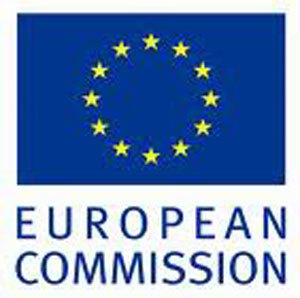The members of the European Union (EU) are heavily conflicted over the future of nuclear power. Following Fukushima, Germany decided to close all their nuclear reactors. Austria has been suing other EU members over their nuclear policies and projects. On the other hand, the U.K. is involved in major nuclear projects such as the twenty five billion dollar Hinkley Point C project. Eastern Europe EU members who were part of the Soviet Union are building more nuclear reactors for power generation. Be that as it may, the EU as an entity is strongly committing to nuclear power.
The first review of nuclear power in the EU since the March 2011 nuclear disaster at the Fukushima nuclear power station in Japan has been drafted and will soon be released by the European Commission (EC). The main conclusion of the draft report is that the EU should invest up to five hundred and sixty billion dollars in nuclear power by the year 2050. The report points out that ninety percent of the current nuclear power reactors in the EU will have to be retired by 2050. Increased demand for electricity in the EU and the need to reduce carbon emissions sharply will require the massive investment in new nuclear power reactors. The report also calls for the investment of at least fifty six billion dollars to upgrade existing aging reactors so they can continue to produce power as long as possible.
The German Green Party (GGP) which is strongly opposed to nuclear power has issued a report of their own which presents the results of a study that challenges the conclusions of the EC report. The GGP study claims that the EC report has severely underestimated the cost of extending the life of existing nuclear power plants, disposing of nuclear waste and the decommissioning of closed nuclear power plants. Considering that costs of dealing with these problems is constantly rising and there are often cost overruns in active projects, this conclusion is not surprising.
The GGP study also points out that the question of liability is not seriously addressed in the EC report. The GGP feels that there should be mandatory insurance for possible nuclear accidents and that the question of who should pay for accidents needs to be definitely settled. The problem with the current situation is that each EU member regulates liability for nuclear power plants within its borders and there are different regulations in different members. The Energy Commissioner for the EU in 2012 proposed a uniform liability insurance for nuclear power plants in member nations. To date, the EU has not put forward such a proposal.
The EU has recommended that the national regulatory agencies of EU members work more closely together to bring more coherence and uniformity to the licensing and regulation of nuclear power plants. The EC report states that such cooperation could help lower costs of nuclear power reactors and improve safety at the same time. Such goals are laudable but perhaps the EU would do better to invest in alternative sustainable power sources.
